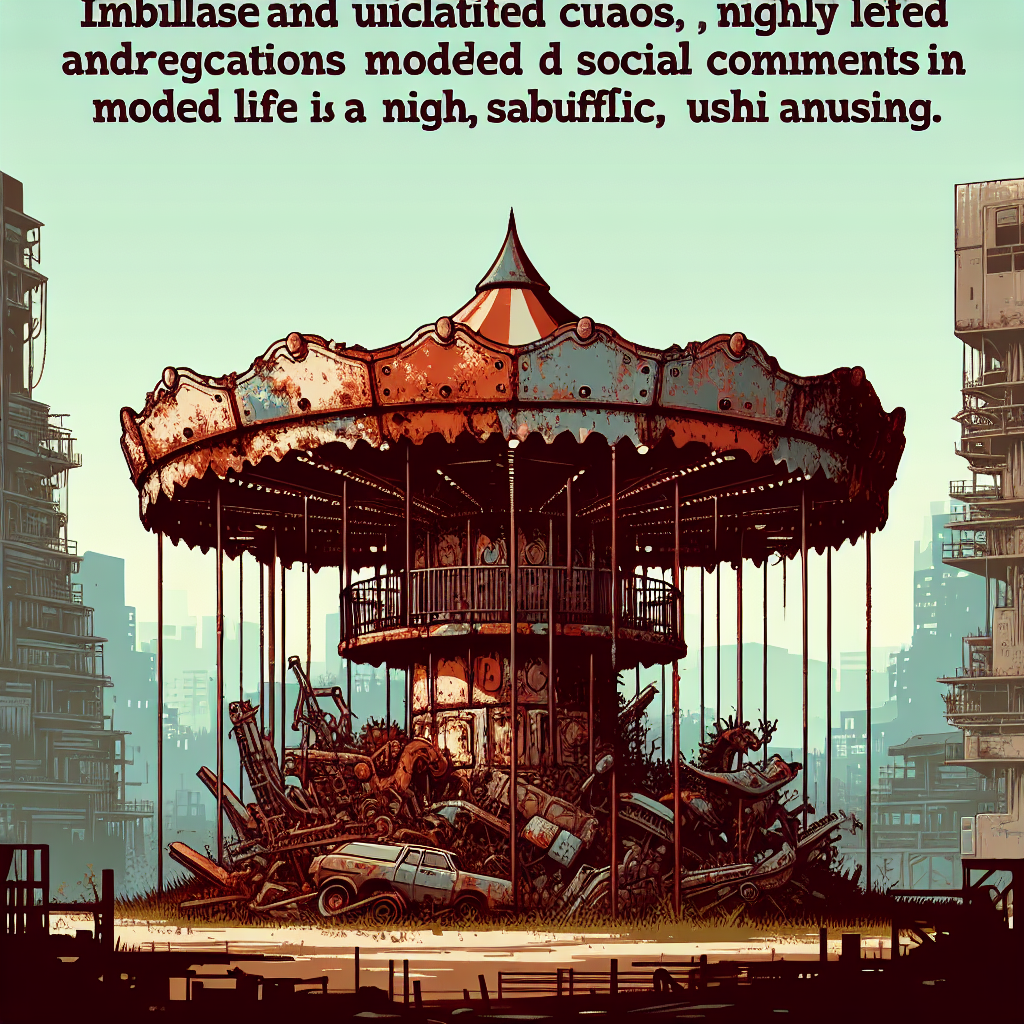The Collapse of Paradise Game Unraveled: Exposing Lies and Broken Promises
In the rapidly evolving world of video gaming, the collapse of Paradise stands out as a cautionary tale about hype, deception, and the pitfalls of overpromising. For months, Paradise touted its upcoming game as a groundbreaking competitor to GTA 6, yet the reality has proven drastically different. This post dives into the disillusionment caused by Paradise’s broken promises and their impact on the gaming community.
Paradise’s Overhyped Promises
Paradise aggressively marketed its game as a serious rival to GTA 6, instructing influencers to compare the two and contend that it could go toe-to-toe with Rockstar’s giant. However, expectations were shattered when the game was found to be rife with issues. Many influencers were reportedly coerced into presenting the game as something it was not, raising significant ethical concerns about such marketing practices.
“Paradise has been promoting their game as being a competitor to GTA 6 for up to 6 months.”
The Truth Behind Paradise’s Partnerships
Despite claims of official collaborations with Epic Games and popular influencers, Paradise has been accused of fabrications. The supposed partnership with Epic was a mere listing on their store without any formal agreement. These misleading statements have significantly damaged the credibility of the developers and engendered distrust among gamers.
“They were lying about their partnerships with Epic Games.”
- Epic Games Store – Check for yourself why partnerships matter.
- Rockstar Games – See how they set a standard in gaming collaborations.
Technical Failures and Community Discontent
The chaotic launch and the subsequent technical failures were another nail in Paradise’s coffin. The game was released with numerous bugs and was missing core features, reflecting a hastily assembled product rather than a polished experience. The promised AI-driven NPCs turned out to be non-functional, further heightening community anger and frustration.
“The biggest selling point of the game was the AI NPCs… they’ve now pulled the plug.”
- The game environments appeared to be AI-generated, lacking cohesion and artistry.
- Basic functionalities like entering and exiting vehicles were poorly implemented.
Beneath the Surface: Hidden Agendas
As revelations about Paradise’s deceitful practices came to light, another layer of controversy emerged—allegations of crypto schemes aimed at boosting their project’s visibility rather than delivering a quality game. This strategic pivot to capitalize on cryptocurrency ambitions has left a sour taste, raising questions about the true motives behind the game’s development.
“They… said that they had achieved their goal of bringing awareness to their coin.”
- Forbes on Cryptocurrency – Understanding the implications of mixing crypto and gaming.
- SEC – Stay informed about regulations concerning virtual currencies.
Take Aways from the Paradise Debacle
The Paradise game saga serves as a stark reminder of the adverse effects of misleading advertising and unfulfilled promises in the gaming industry. It is crucial for developers to maintain transparency with their audience, ensuring honesty over hype. For gamers, understanding the potential traps of overpromised features is vital to avoid disappointment.
Have you kept up with the unfolding saga of Paradise? What are your thoughts on how developers should engage with their audiences? Share your views below or join the conversation on social media. Let’s hold gaming companies accountable and push for more integrity in the industry.
Interested in diving deeper into similar stories? Follow IGN and Kotaku for insightful analysis and the latest news in gaming.
“`



